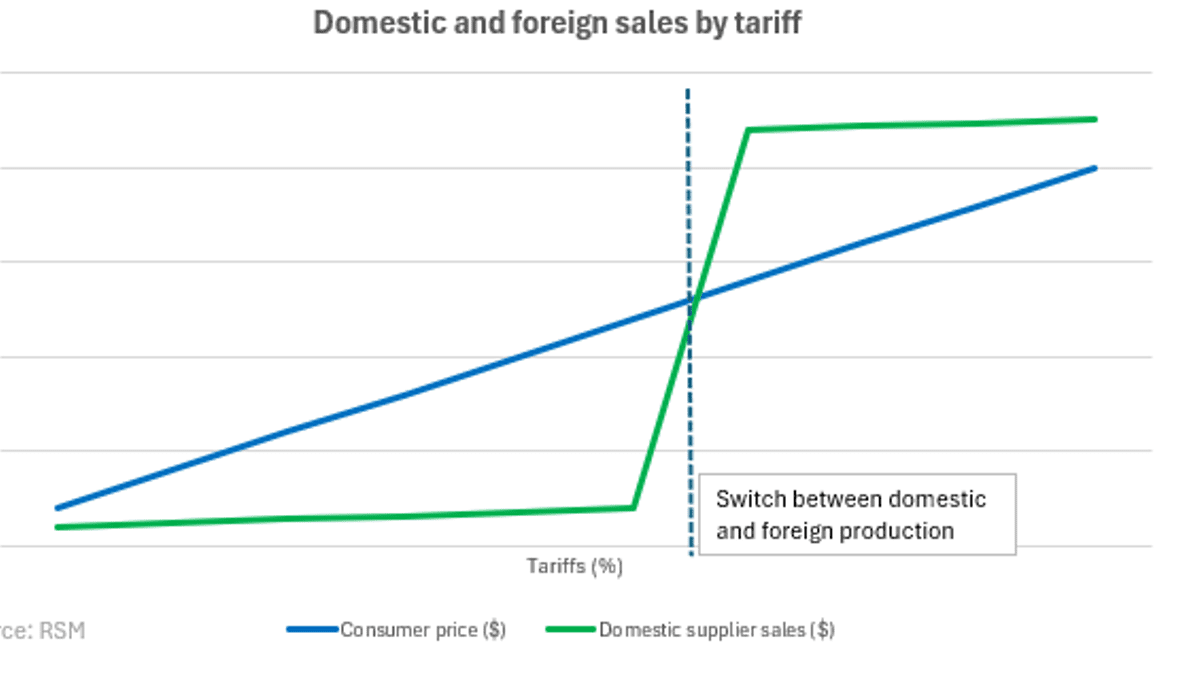
The CARES Act includes several significant business tax provisions intended to improve cash flow and liquidity. Among other things, the legislation provides a temporary five-year carryback for certain net operating losses, loosens the business interest limitation under section 163(j), and fixes the so-called “retail glitch” for qualified improvement property. For this article I will focus on the fix for qualified improvement property also known as QIP.
When the Tax Cuts and Jobs Act (TCJA) was enacted in December of 2017 some changes were made to the act which impacted the depreciable lives of property. It added a new section which defined Qualified Improvement Property or QIP as “any improvement to an interior portion of a building which is nonresidential real property if such property was placed in service after the date such building was first placed in service”. However, the TCJA mistakenly failed to include QIP as 15-year property thus defaulting to 39-year property classification making it ineligible for first year advantageous depreciation deductions.
The CARES act amended this section to add qualified improvement property to 15-year property. This technical amendment treating QIP as 15-year property allows such property to be eligible for the 100 percent bonus depreciation for QIP placed in service after December 31, 2017. Additionally, for taxpayers electing not to claim 100 percent bonus depreciation, QIP is depreciated over 15 years rather than 39 years. Importantly, these amendments limit QIP to improvements made by the taxpayer, which means that used QIP would not be eligible for 100 percent bonus depreciation or the 15-year recovery period.
Taxpayers may consider filing an amended return for 2018 to claim 100 percent bonus depreciation on eligible QIP or change from a 39-year to a 15-year recovery period helping to alleviate cash flow barriers caused by COVID-19. Alternatively, taxpayers generally may file an automatic accounting method change (Form 3115) to obtain the benefit through a section 481(a) adjustment. For a prior taxable year for which a taxpayer has not yet filed a tax return, the taxpayer may reclassify QIP from a 39-year recovery period to a 15-year recovery period and claim 100 percent bonus depreciation. Additionally, these technical amendments may incentivize investment in improvements while the US recovers from the COVID-19 pandemic. For more detailed insights on how this could impact your business, our real estate industry team is here to help. Reach out to us at LGA anytime.
by Scott A. Sagan, CPA





